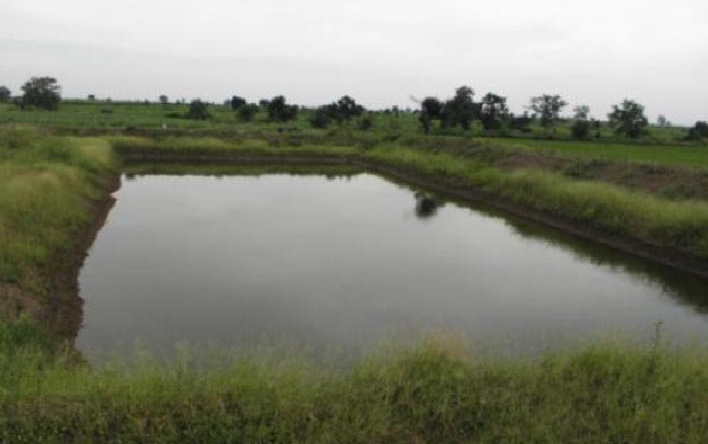
EKOWRITES: How different is the Short commission from others?

When Ghanaian leaders are overwhelmed by scandals, they often set up Commissions of Inquiry to get to the root of how and why such problems occurred. If it is otherwise possible, they will divert attention from it.
Most of the time when these commissions finish their work, their report(s) are kept in the office of the President with little to no implementation. And often when they implement the recommendations of the so-called White Paper, it is to cover their appointees.
Now let’s get some legal education here;
Article 278 of the 1992 Constitution of Ghana gives the President of Ghana the authority by Constitutional Instrument (CI) to appoint a Commission of Inquiry into any matter of public interest where
“(a) the President is satisfied that a commission of inquiry should be appointed; or (b) the Council of State advises that it is in the public interest to do so; or (c) Parliament, by a resolution requests that a commission of inquiry be appointed to inquire into any matter, specified in the resolution as being a matter of public importance.”
The constitution further breaks down the number of people which should constitute such a commission and the criteria for appointing commissioner(s) of such a commission in Article 278 (2) & (3) respectively.
According to the constitution in Article 279, such commission(s) shall have the powers, rights and privileges of the High Court or a Justice of the High Court at a trial, in respect of “(a) enforcing the attendance of witnesses and examining them on oath, affirmation or otherwise; (b) compelling the production of documents; and (c) the issue of a commission or request to examine witnesses abroad.”
Another mandate of the commission of inquiry given by the constitution in Article 280 (1) states: “A commission of inquiry shall (a) make a full, faithful and impartial inquiry into any matter specified in the instrument of appointment; (b) report in writing the result of the inquiry; and (c) furnish in the report the reasons leading to the conclusions stated in the report”.
It further reads in Article 280 (2): “Where a commission of inquiry makes an adverse finding against any person, the report of the commission of inquiry shall, for the purposes of this Constitution, be deemed to be the judgment of the High Court; and accordingly, an appeal shall lie as of right from the finding of the commission to the Court of Appeal.”
The constitution then insists that the President of the republic publishes the report of the commission together with the White Paper on it within six months after the date of the submission of the report by the commission.
But Article 280 (4) gives the President an option. It states: “Where the report of a commission of inquiry is not to be published, the President shall issue a statement to that effect giving reasons why the report is not to be published.”
But do we see this happening?
Many Ghanaians, when they hear of a commission of inquiry, believe it becomes one of those commissions where after their work, the government instead of punishing those involved, decides to ‘hide’ them in his ‘cubicle’.
A clear case in point is the 2014 FIFA World Cup debacle where the government of Ghana set up a commission of inquiry to dissect the unpleasant details of the World Cup.
There were arguments that the government of Ghana had no right to investigate the Ghana Football Association (GFA) with respect to FIFA’s statutes. Article 17 (1) of the statues states: "Each member shall manage its affairs independently and with no influence from third parties”.
But looking at the laws enshrined in Article 278 of the 1992 constitution, Some people argued that the government of Ghana has the right to investigate the GFA, especially with regard to financial matters since the government assists the football governing body financially.
After the work of the Dzamefe Commission of Inquiry, little or nothing was done to those found guilty. Those that were ministers of state were rather reassigned to the office of the president and it ended there.
Will this happen with the Short Commission? Many are of the view that whatsoever happened under the Dzamefe Commission will as well happen under the Short Commission.
After the Ayawaso West Wuogon by-election, the Short Commission was set up by the government of Ghana to unravel the shooting incident at La Bawaleshie, a polling station within the Ayawaso West Wuogon constituency.
Indeed many of us viewing the live proceedings of this commission on TV have been astonished at some of the testimonies made by key witnesses of this commission.
Most witnesses believe that the actions of vigilantes or militias or thugs or community-based groups or whatever names you deem it fit to give to such party foot-soldiers should be stopped before it gets out of hand in 2020.
Yes, something needs to be done to stop such thugs calling themselves vigilantes or militias or whatever because the La Bawaleshie incident clearly shows that these guys could be more deadly in 2020. These guys can kill in the name of helping either the NPP or the NDC to climb to the apex position of the land.
I don't want to believe that none of Nana Akufo-Addo's appointees if implicated by this commission will be promoted or covered like was done in the past by other Presidents of this country.
Mr President, please remember to implement whatever recommendations by this commission through its report else posterity will not forgive you.
I shall return!
Send feedback to: [email protected]
Twitter: @ekowrites
Blog: ekowrites.blogspot.com
Source: ghanaweb.com

